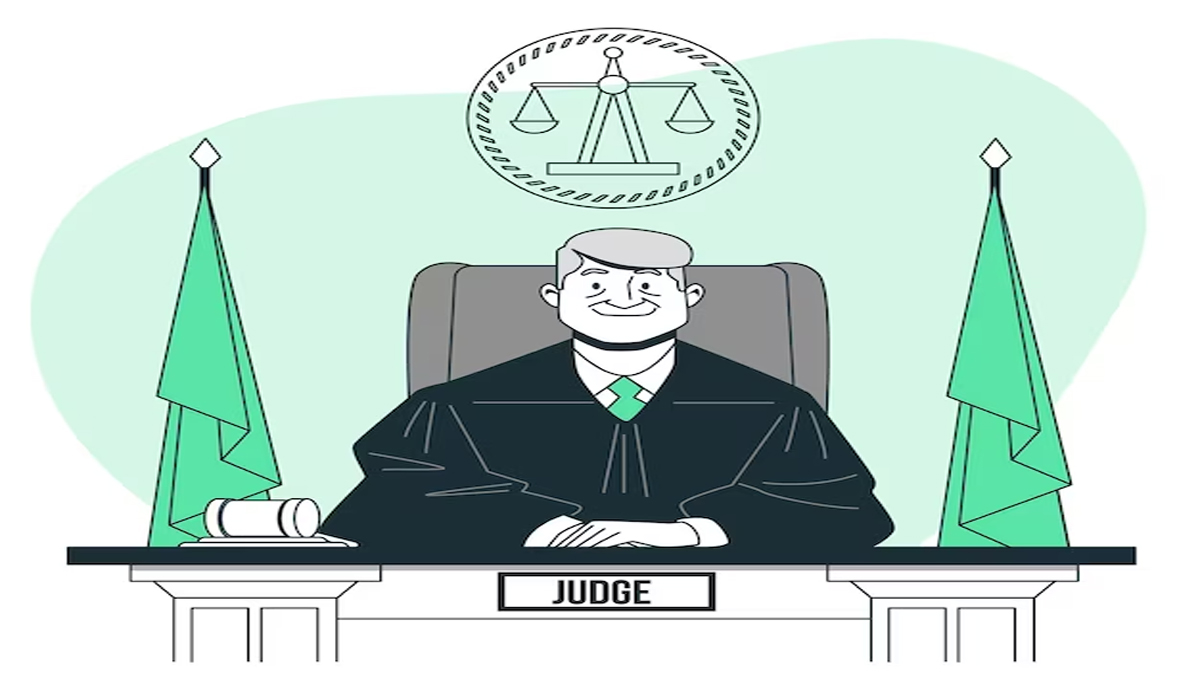Here are the primary functions of the Supreme Court of India:
- Constitutional Interpretation: The Supreme Court has the power to interpret the provisions of the Constitution of India and ensure their proper implementation. It acts as the guardian of the Constitution and has the authority to strike down any law or executive action that is found to be unconstitutional.
- Appellate Jurisdiction: The Supreme Court serves as the final court of appeal in both civil and criminal cases. It hears appeals against the judgments of lower courts, including high courts, and ensures uniformity in the interpretation and application of laws throughout the country.
- Dispute Resolution: The Supreme Court resolves disputes between the Union government and state governments, between different state governments, and between individuals and the government. It plays a crucial role in maintaining federalism and upholding the rule of law.
- Protection of Fundamental Rights: The Supreme Court safeguards the fundamental rights guaranteed by the Constitution. It can issue writs, such as habeas corpus, mandamus, certiorari, prohibition, and quo warranto, to protect these rights and provide relief to aggrieved individuals.
- Advisory Jurisdiction: The President of India can seek the Supreme Court’s opinion on important legal or constitutional matters. The court’s opinion is not binding, but it carries significant weight.
As for the limitations of the Supreme Court of India, here are a few key aspects:
- Judicial Backlog: One of the major challenges faced by the Supreme Court is the high number of pending cases, leading to delays in delivering justice. The backlog of cases hampers the timely resolution of disputes and access to justice.
- Limited Resources: The Supreme Court has a limited number of judges and resources to handle the vast number of cases and the increasing complexity of legal matters. This can further contribute to delays and challenges in the effective functioning of the court.
- Lack of Enforcement Power: While the Supreme Court can interpret and strike down laws, it relies on the executive branch for the enforcement of its judgments. If the executive fails to implement a court’s decision, it can undermine the court’s authority.
- Appointment and Collegium System: The process of appointing judges to the Supreme Court has faced criticism for lacking transparency and being susceptible to political influences. The collegium system, which involves judges themselves in the appointment process, has been a subject of debate regarding accountability and diversity.
- Limited Scope in Legislative Matters: The Supreme Court has limited authority in matters of legislation. It cannot directly legislate or amend laws but can only interpret them within the framework of the Constitution.
These limitations highlight some of the challenges faced by the Supreme Court of India in fulfilling its functions and ensuring efficient and effective justice delivery.
